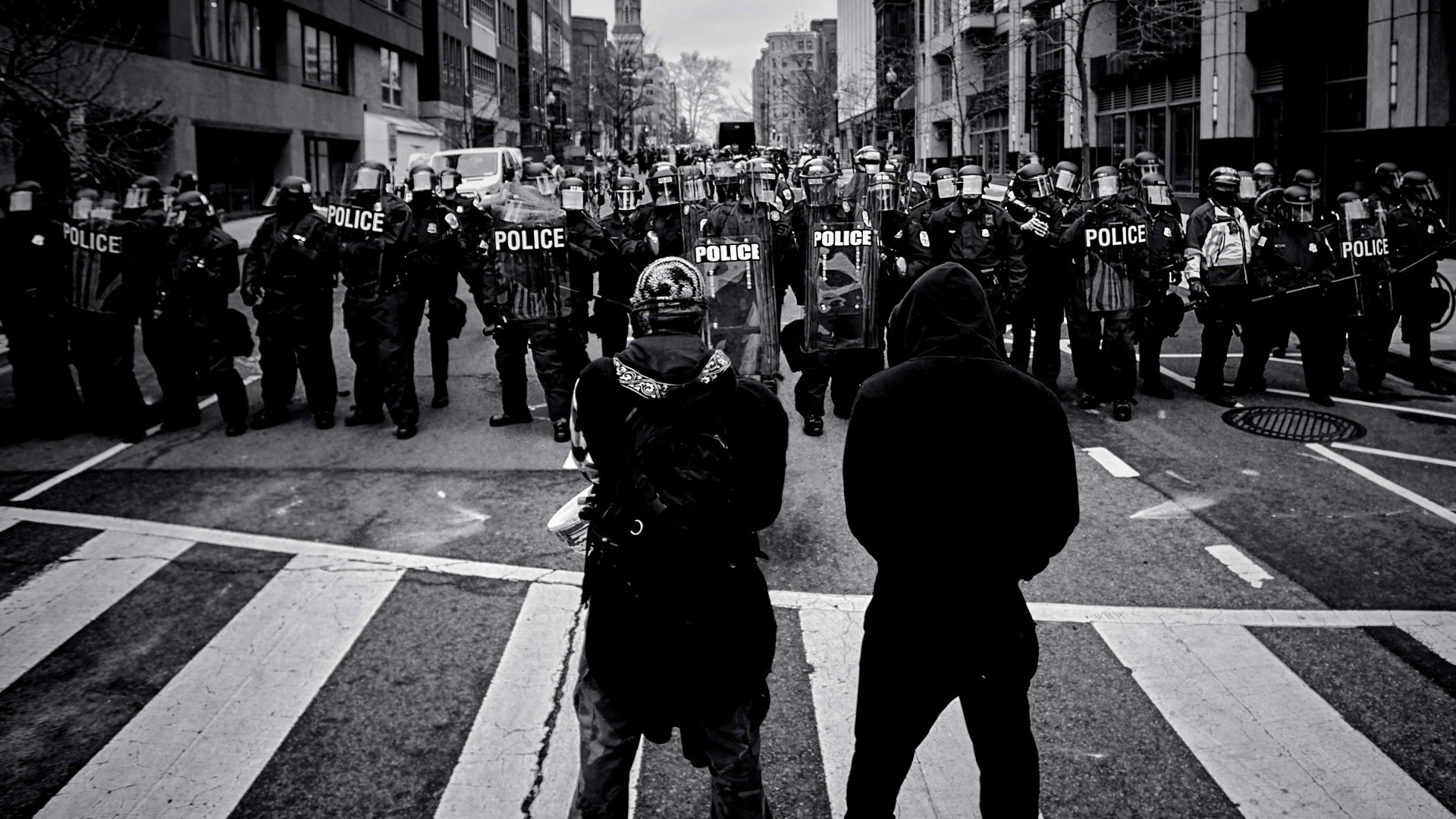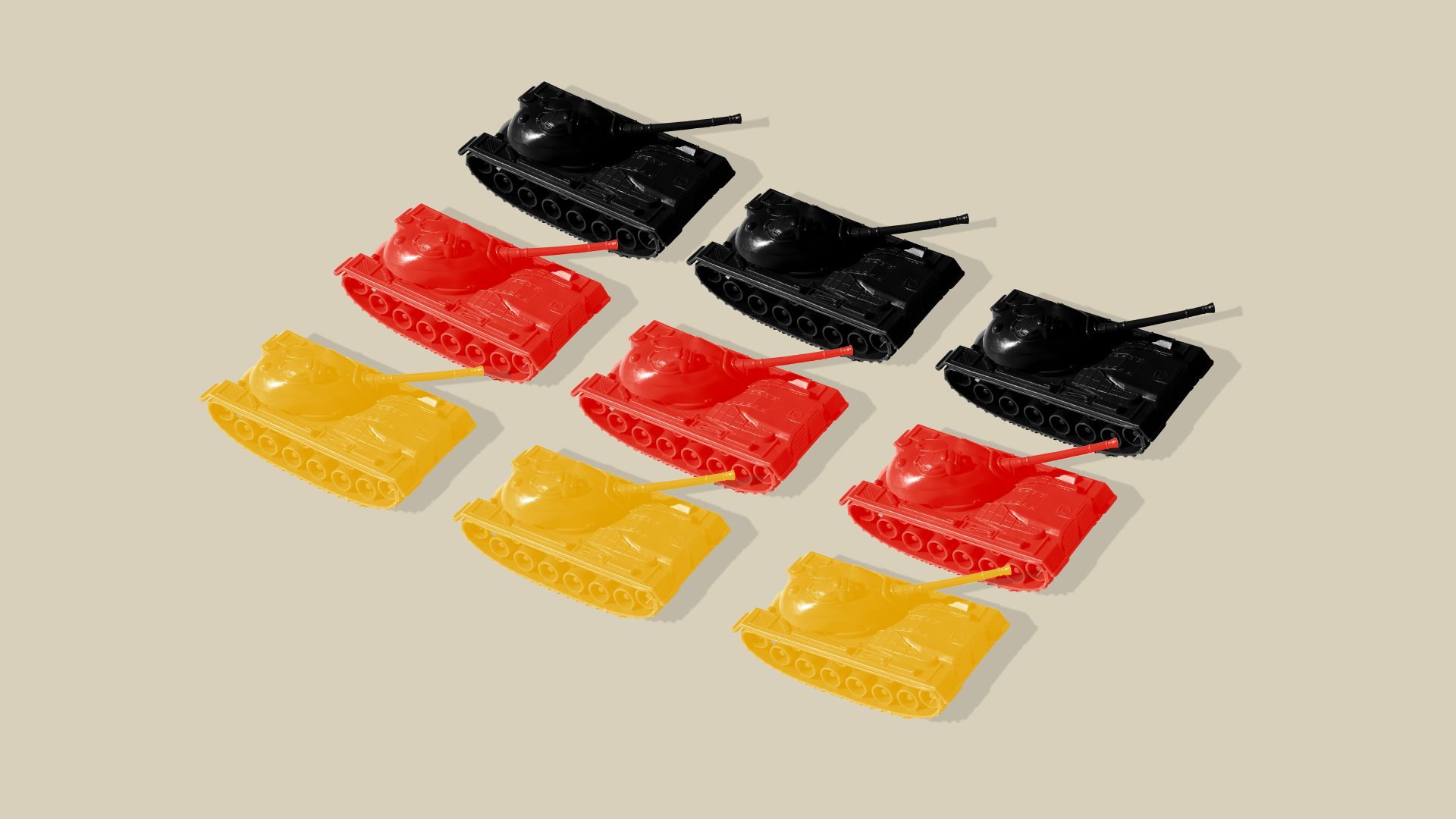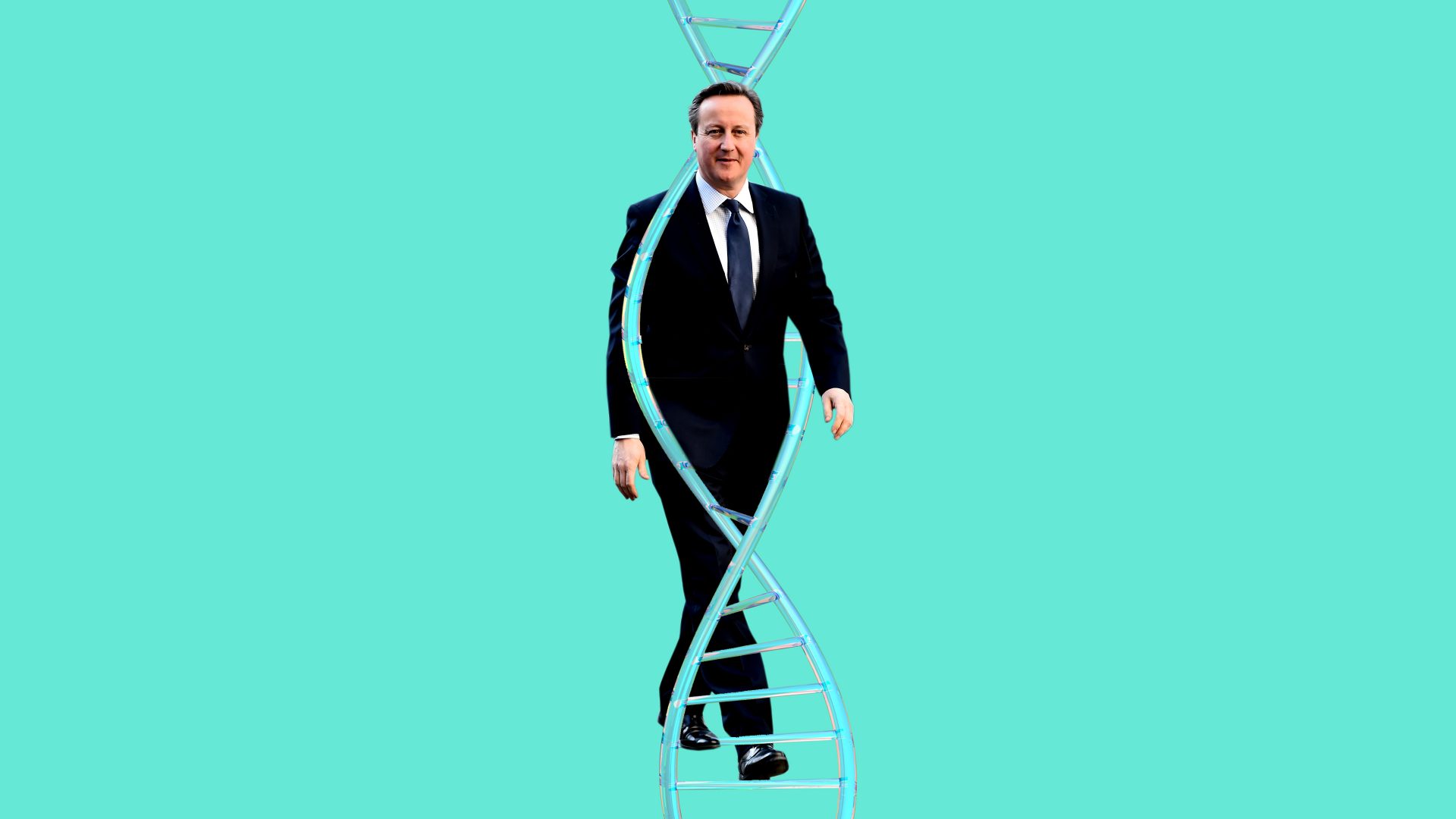Freedom is a funny thing – almost all of us profess to be in favour of it, if only we could agree on what exactly it is.
It’s freedom of speech that is supposedly behind the decision by the world’s richest man, Elon Musk, to spend $44bn (£35bn) of the cash earned off the back of his other companies to buy Twitter, the social network that, while small, has become the heartbeat of the world’s news media.
But it’s a narrow, American idea of free speech to which Musk and his adherents subscribe – when you get down to it, the much-vaunted First Amendment is a limited thing. All it provides for is that Congress “shall make no law” that would curtail (or “abridge”) freedom of speech.
This is, in many ways, a good start – certainly when compared with the harsh penalties for protest or dissent in place in China, extending incrementally into Hong Kong, or Russia’s new “fake news” laws, which define “fake news” as anything contradicting the Kremlin’s official line – which is inevitably itself riddled with demonstrable lies. Many laws get called Orwellian, but that one is the rare example of a law that actually is.
But on its own the First Amendment is a flimsy thing, subject to being cut down and curtailed from all sides.
UK journalists love to imagine that US libel laws are much more forgiving than our own, when the reality is much more complex – not least thanks to the astronomical damages that can be at stake in US courts.
Peter Thiel, a friend and former PayPal colleague of Elon Musk, managed to use US libel laws to shut down entirely the website Gawker and to force its founder to declare bankruptcy as petty revenge – through an unrelated case involving Hulk Hogan – against its reporting of him.
Because the First Amendment only protects against interference in the form of laws passed by Congress, it does nothing to prevent employers firing employees for exercising their right to free speech – something we tend to welcome when it allows the firing of overt racists, but feel much more uneasy about when it relates to speaking out about bad practice at their companies.
For the overwhelming majority of people, fear of consequences from their employer will always curtail speech far more than fear of the government. In the currently online world, fear of the consequences of the mob are just as real, too: women and people of colour are far likelier to receive threats and abuse for controversial opinions than their male counterparts, leading some to self-censor.
At what point does that become a problem for free expression? If suddenly the online debate, which – love it or loathe it – does shape our politics, becomes the domain of white men only, are the libertarian right still going to insist that’s freedom, even as the rest of us find it a grotesque parody of such?
Another easy way to stop people from expressing an opinion or a fact that you find uncomfortable is to stop them finding the information in the first place – something the US’s big agriculture lobby has used to its wild success, with multiple states passing laws turning secret filming of animal abuse on farms into a criminal offence.
You remain free, thanks to the First Amendment, to broadcast such footage, you’ll just be arrested and potentially jailed for making it. As circumventions of the First Amendment go, it’s a neat one.
Expression means more than the right to a hot take. What is free expression if not the ability to love as we wish, marry as we wish and – yes – to fuck as we wish? What is “free” about forcing a woman to go through a 40-week-long pregnancy, gruelling on the body and with numerous health risks of its own, go through labour – and all its attended risks – and give up a baby for adoption, rather than seek, if she should so wish, a safe, medical abortion?
The US supreme court appears, in a leaked draft ruling, to be set to rule that US women have no absolute right to bodily autonomy, to that form of freedom of expression, despite Roe v Wade in 1972 being reaffirmed by a second Supreme court bench in 1999. The draft ruling insists that by withdrawing the constitutional protections for abortion – leaving the decision to each individual state, many of which have automatic laws in place that would trigger the moment the ruling was made – they are not making any pronouncement that could be carried on to, for example, same-sex marriage or even criminalising homosexuality.
Such comforts would be cold indeed for women grappling with the free choice of an illegal and 30 times more dangerous abortion in their own state, or a long, expensive and difficult journey to an out-of-state provider. They would be little comfort to LGBT people who have seen such reassurances in laws previously, before the same reasoning is extended against them.
The right to privacy, which is explicitly mentioned nowhere in the constitution, was used as part of the basis for Roe v Wade. It is also essential to broader, true free expression. People may wish to share private fears or doubts without it being traced to them for life. They may wish to delete old photos and be confident they can delete. They may question their sexuality or gender. Simplistic solutions from Musk and others that real names only online would be better for us all fall apart when confronted with the realities of the world.
The US has always had its own distinct opinion on free expression. Autocracies have a very, very different view. Europe has always fallen somewhat in the middle, though hewing closer to the US. In the European Convention on Human Rights, free speech is protected but so too is privacy, explicitly.
In the UK we are set to have an even tighter control of online speech, with Nadine Dorries’s sweeping new online safety bill set to impose huge fines on social media providers if they allow the publication of “legal but harmful” speech – a move that would surely lead them to over-censor, in the interest of avoiding sanction.
Twitter appears to have been bought as a trophy asset, to become some simplistic idea of a free expression nirvana. That won’t work – the world is too big, the internet is too important, and governments are too determined to impose their will.
But there are real, deadly fights on free expression being carried out across the world every day. We must not let the more visible, sillier ones, crowd out those that are deadly serious. Our futures rely on it.




